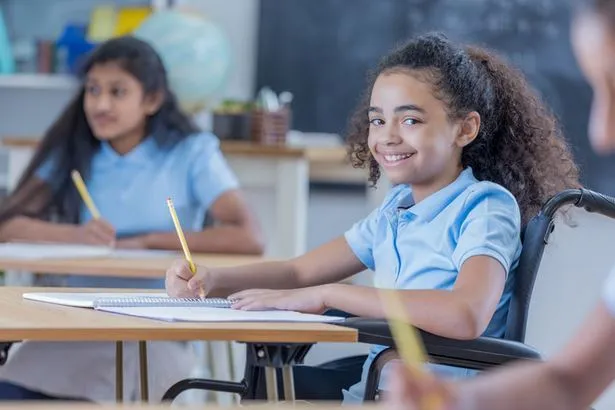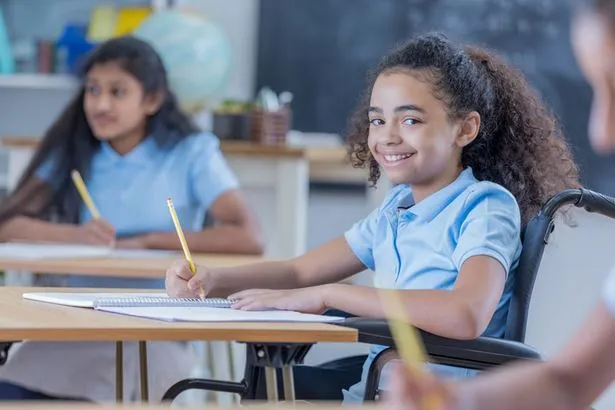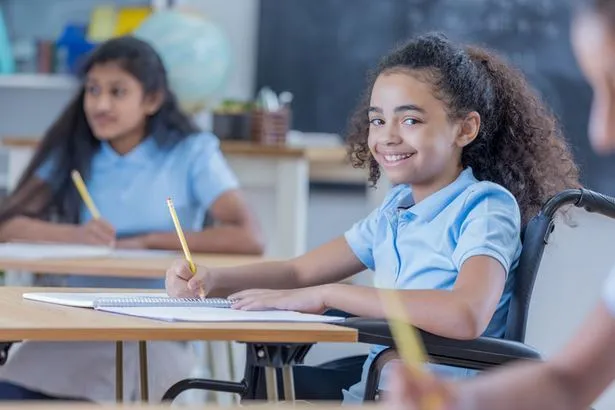Transcription Instilling autonomy
It is normal for us, as parents, to take on tasks that are our child's responsibility because we feel that our experience and training give us a considerable advantage that may be in our child's best interest.
Helping our child with homework is not necessarily a bad thing. However, what is harmful is to overshadow the child's autonomy and create a permanent dependency on us.
It is clear that there are things that should always be done with the help of parents until the child is older, but this does not mean that, in general, parents tend to hinder the development of their children by not allowing them to evolve their skills and test themselves in less controlled scenarios. Autonomy is a value and a basic skill that we must instill in our children.
During the development of this guide, we will address some of the most important general aspects related to the role that autonomy plays in a child's personal growth.
Supervised autonomy
We must find a balance between giving our children sufficient autonomy for their personal development and making sure that we do not neglect their supervision or support. This balance is known as supervised autonomy, which consists of providing the necessary freedom for our child to test his or her own abilities, while we remain in the background as observers, intervening only when truly necessary.
Thanks to supervised autonomy, we can continue to contribute our experience without hindering our child's development, allowing him or her to progress at his or her own pace and to put his or her skills into play.
If problems arise during the development of the activity, we will make the necessary effort to help him move forward without solving the problem for him. The idea is that our position should be one of support and not of protagonist in the solution of his conflicts.
Divide responsibilities
Within the family, there are shared responsibilities and others that must be assigned to each individual. Make sure that your child also has his or her own responsibilities and is solely responsible for carrying them out and assuming the consequences of the results. Your child must learn to resolve conflicts using his or her own resources and abilities.
As in any area of life, development involves learning to deal with failure and adversity. The mistakes your child makes will be his best tool to learn and perfect his actions, finding new ways to perform and achieve the expected results.
Contribute to the development of their skills
Developing a skill involves stepping out of the comfort zone to explore more complex and demanding terrain. By nature, we tend to stay in our comfort zone and protect ourselves from suffering by repeating actions with which we feel safe and which do not represent a big problem. Therefore, you must help your child leave his comfort zone and begin to develop his skills and talents.
Identify the basic aspects that you can begin to develop in your child for his or her personal growth. Develop tasks and assign responsibilities that are aligned with these goals. These tasks or responsibilities should progressively increase in complexity so that you can measure results and adjust tasks as needed.
inculcar autonomia




